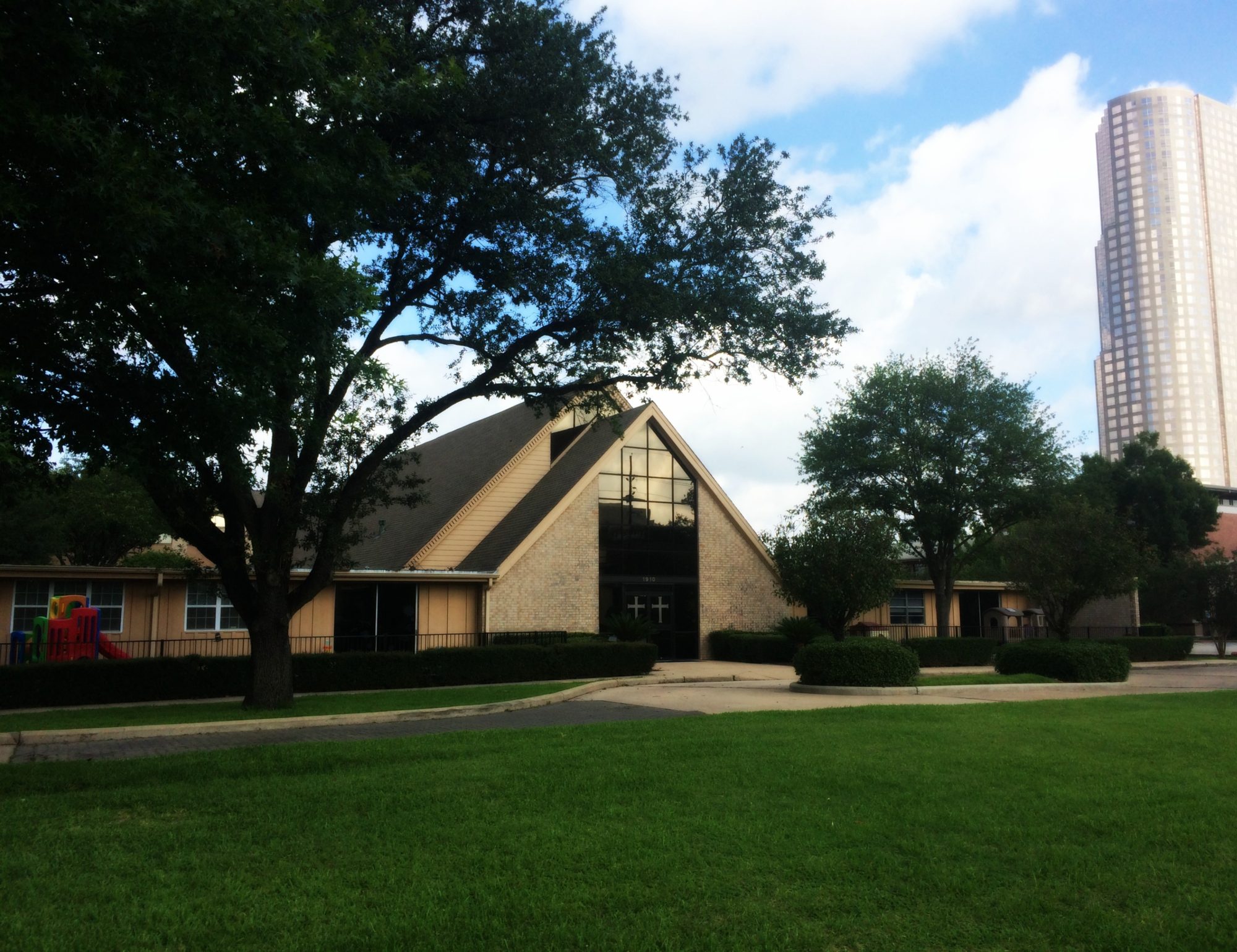Psalm 102
Hear my prayer, Lord; let my cry for help come to you.
Do not hide your face from me when I am in distress.
Turn your ear to me; when I call, answer me quickly.
For my days vanish like smoke; my bones burn like glowing embers.
My heart is blighted and withered like grass; I forget to eat my food.
In my distress I groan aloud and am reduced to skin and bones.
I am like a desert owl, like an owl among the ruins.
I lie awake; I have become like a bird alone on a roof.
All day long my enemies taunt me;
those who rail against me use my name as a curse.
For I eat ashes as my food and mingle my drink with tears
because of your great wrath, for you have taken me up and thrown me aside. My days are like the evening shadow; I wither away like grass.
But you, Lord, sit enthroned forever;
your renown endures through all generations.
You will arise and have compassion on Zion,
for it is time to show favor to her;
the appointed time has come.
For her stones are dear to your servants;
her very dust moves them to pity.
The nations will fear the name of the Lord,
all the kings of the earth will revere your glory.
For the Lord will rebuild Zion and appear in his glory.
He will respond to the prayer of the destitute;
he will not despise their plea.
Let this be written for a future generation,
that a people not yet created may praise the Lord:
“The Lord looked down from his sanctuary on high,
from heaven he viewed the earth,
to hear the groans of the prisoners and release those condemned to death.” So the name of the Lord will be declared in Zion and his praise in Jerusalem
when the peoples and the kingdoms assemble to worship the Lord.
In the course of my life he broke my strength; he cut short my days.
So I said: “Do not take me away, my God, in the midst of my days;
your years go on through all generations.
In the beginning you laid the foundations of the earth,
and the heavens are the work of your hands.
They will perish, but you remain; they will all wear out like a garment.
Like clothing you will change them and they will be discarded.
But you remain the same, and your years will never end.
The children of your servants will live in your presence;
their descendants will be established before you.”

